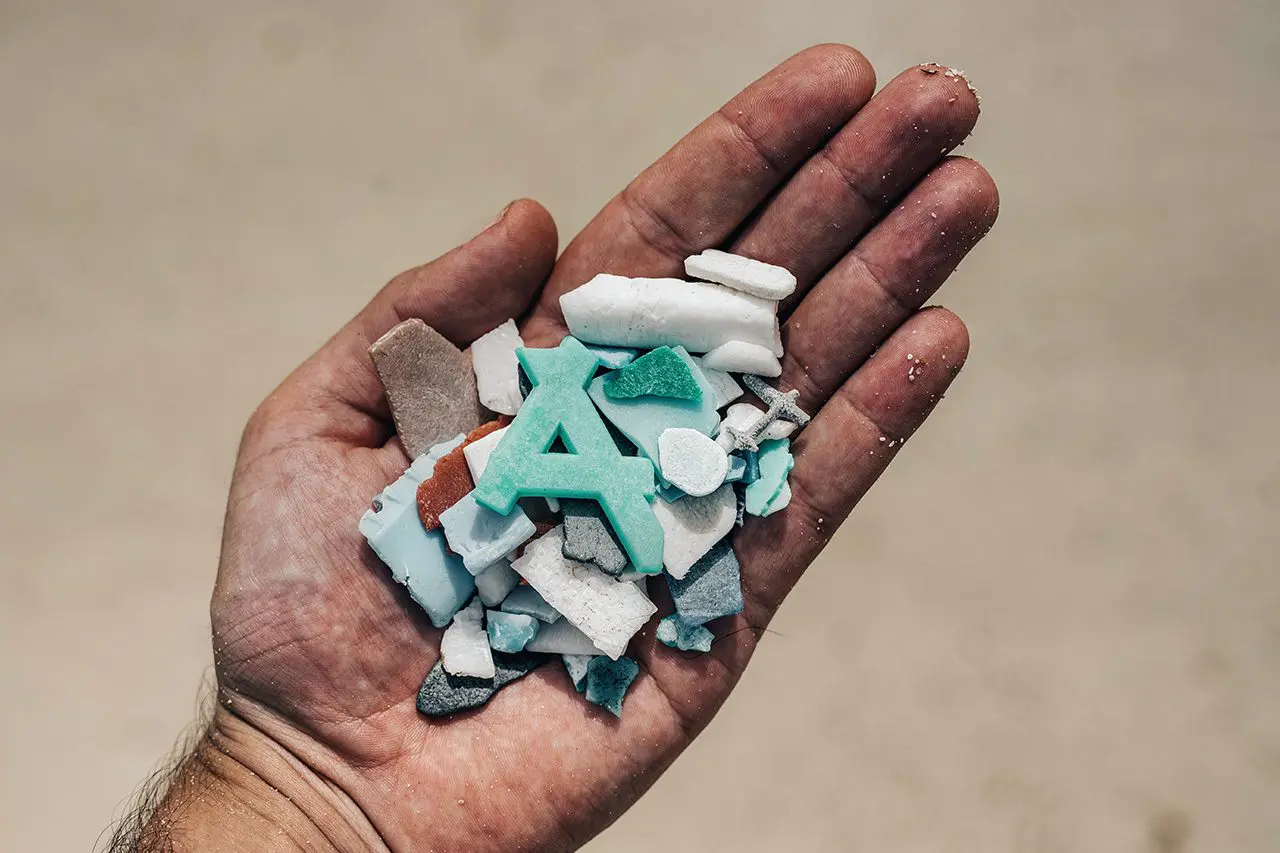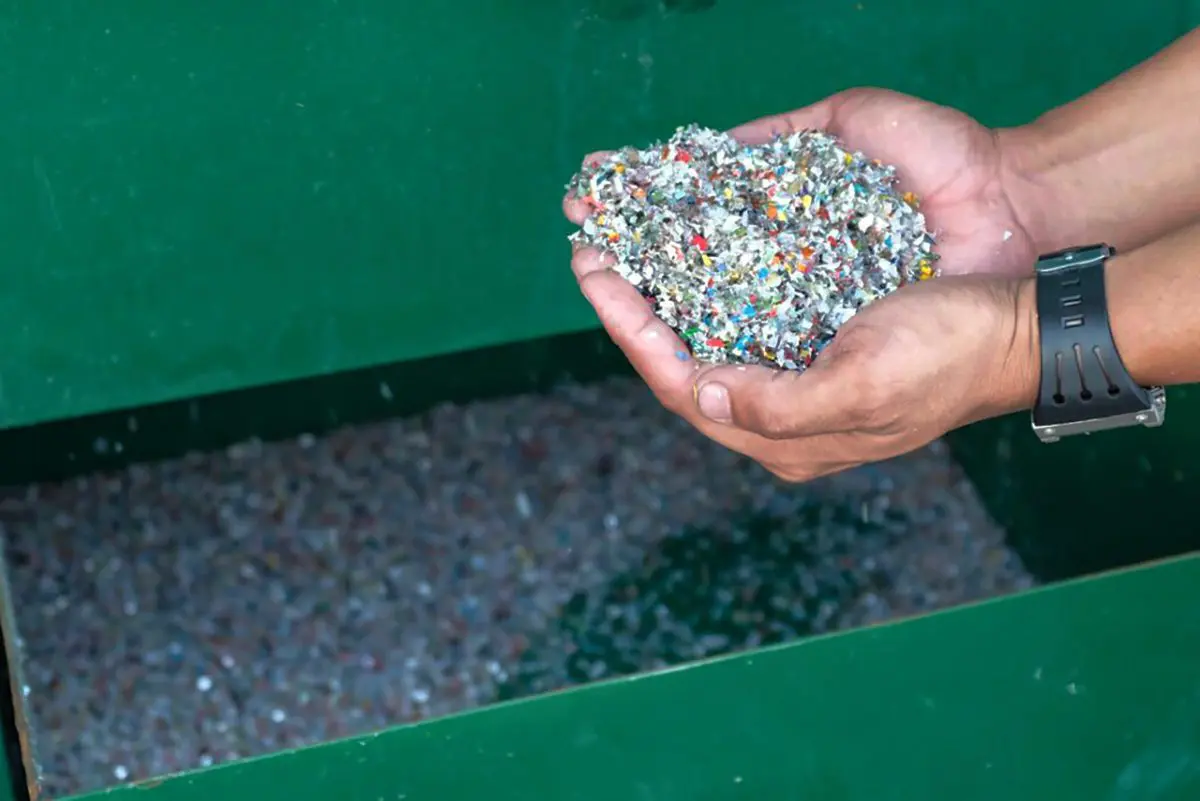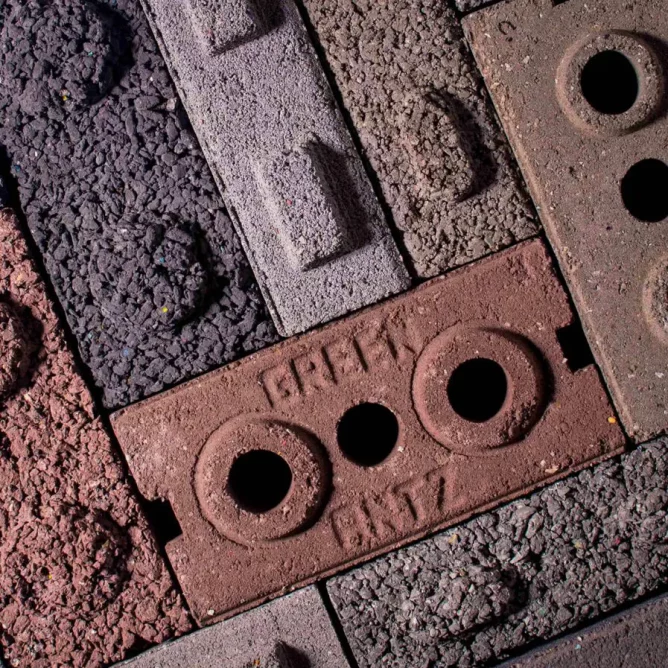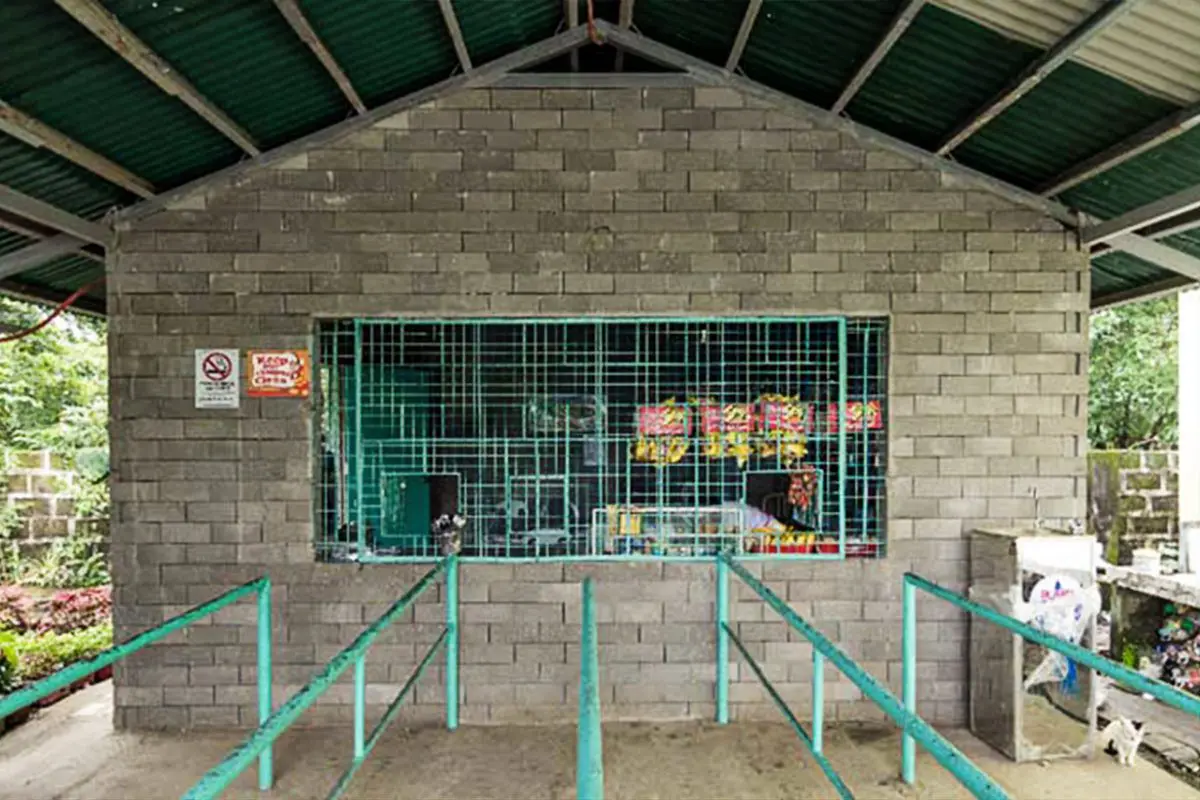
Our resource-intensive world centers on the linear economic model of ‘take, make, use and waste’ and the plastic industry epitomizes this convention, extracting resources from the earth to make plastic packaging that is most likely used once, then thrown away. Indeed, over the last decade plastic has increasingly become a pariah, and a tangible and ever-present reminder of our over-consumption and wastefulness. Images of plastic waste strangling ocean marine life and evidence of it entering the food chain and our bodies has rightfully caused alarm and created a sense of urgency to deal with it.
According to a 2016 study by McKinsey, the World Economic Forum, and the Ellen MacArthur Foundation, of the annual 78 million tonnes of plastic packaging produced, 40% ended up in landfill, 32% leaked into the environment (including an estimated 8 million tonnes into oceans) and 14% was incinerated. A meager 14% was collected for recycling.
So, clearly, the linear economic model has borne a torrent of plastic waste that is contributing to environmental degradation globally. However, the solution is not ending the use of plastics, given the multitude of beneficial use cases of plastics. The solution is the reconfiguration of the plastic industry from a linear economy to a circular economy.

Material recovery, or the process of obtaining solid waste from one industry for its potential to be recycled and repurposed in another, is fundamental to resource efficiency in the circular economy. According to the Ellen McArthur Foundation, a circular economy model can be created through 3 key actions: (i) elimination of unnecessary plastics; (ii) innovation to ensure plastics are re-usable, recyclable or compostable; and (iii) circulation of plastic items to keep them in the economy and out of the environment.
"The solution is the reconfiguration of the plastic industry from a linear economy to a circular economy."
But crucially, there is much more to the circular economy than the obvious environmental benefits. Where the linear economic model contributes to societal inequality through supply chain practices designed to suppress costs, a circular economy can foster inclusive growth in developing countries, enabling positive social and environmental outcomes.
Indeed, social and environmental benefit can and should go hand-in-hand. Building inclusivity, such as access to jobs and fair pay, into any circular initiative, is the only way to ensure it is truly sustainable and will be a long-term success. Without local buy-in and providing livelihood opportunities, the whole system will fail to achieve its key aim of creating a vibrant green economy.
One organization, Green Antz, demonstrates how plastic waste can be addressed through a circular system, while supporting inclusive growth. It collects, recycles, and reuses plastic waste from commercial establishments and communities in the Philippines and converts it into value-added construction materials such as bricks and pavers. And through a proprietary process, these bricks and pavers turn out stronger than their conventional versions.
The plastic waste problem is particularly pronounced across the ASEAN region, where the Philippines is the region’s worst polluter, accounting for 36% of the 8 mega tonnes of global plastic waste that ended up in oceans in 2021. It is one of the world’s worst plastic polluters and innovative solutions, like that offered by Green Antz, are much needed.

To ensure it is having a positive social impact as well, Green Antz actively engages with marginalised communities that are incentivized to collect and repurpose plastic waste, earning a sustainable living from doing so. Through a “Shared Value” approach, they engage with community partners, conglomerates, and multinational companies for the collection of plastic waste whilst centralizing the production of construction materials within plastic collection centers called EcoHubs.
To date, Green Antz has established a total of 36 EcoHubs and over 100 community and corporate partnerships in the Philippines. As a result, the company has diverted 284 tonnes of plastics from landfills, created more than 150 jobs, and improved the livelihood of local communities.
It is proof that the circular economy has the scope to achieve so much more than environmental impact. With its multi-dimensional business model, Green Antz contributed towards a number of UN Sustainable Development Goals (SDGs) including SDG 1 (No Poverty), SDG 8 (Decent Work and Economic Growth), SDG 12 (Responsible Consumption and Production) and SDG 14 (Life Below Water).

It is also very well-positioned to scale up its impact across the ASEAN region and beyond. Through its real-world knowledge of utilizing the circular economic model, Green Antz provides a blueprint for businesses that aim to generate multi-dimensional value, aligning profit with empowering people and protecting the planet. Not only does it play a part in helping communities in Southeast Asia become more resource-efficient and address the issue of plastic pollution, it also generates livelihood opportunities and encourages and mobilizes local partners in underdeveloped communities to have a stake in a greener economy.
This is just one example of how impactful the circular economy model can be. While the obvious environmental crises and growing population pressures on the world’s natural resources mean a move towards a circular system is a necessity, we should grasp the immense opportunities it offers to improve equality and distribution of wealth, only then will we achieve a truly sustainable economy.